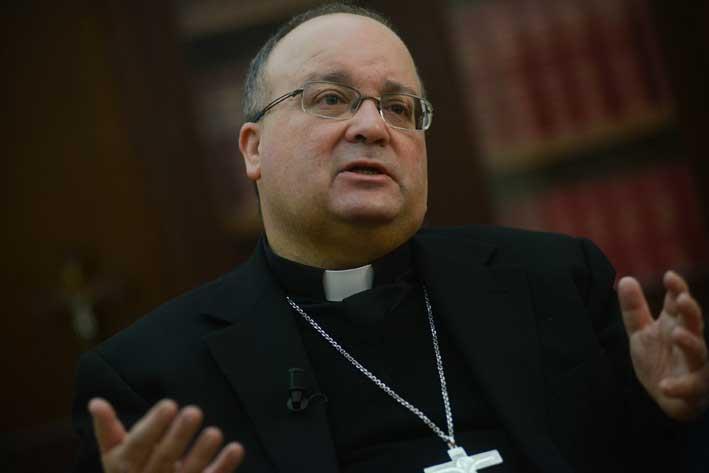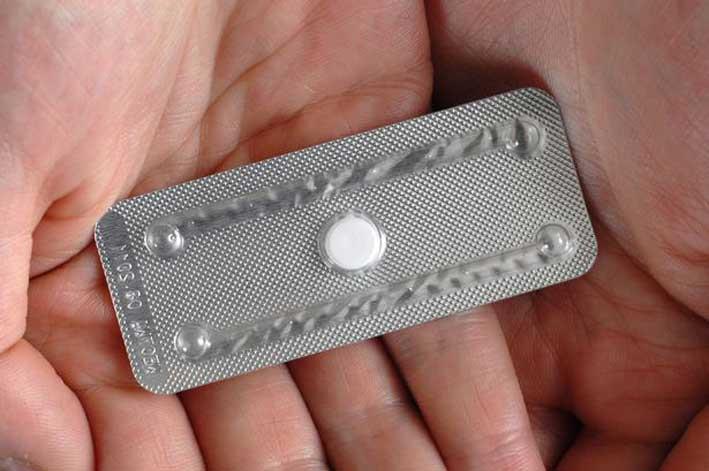A spokesperson from the Health Ministry has confirmed that it is in discussions with the Civil Rights Ministry to ascertain the direction the government will be taking on the issue of the morning-after pill. This in itself confirms that the government is not treating the morning-after pill as a purely scientific, biological issue – but also as a civil rights issue.
“The Health and Civil Rights Ministries are leading discussions within the government on the direction to take as regards the morning-after pill,” a spokesperson told this newspaper.
This government has prided itself on championing civil liberties, as can be seen from its introduction of civil unions, including the right of joint adoption, its stance on banning conversion therapy, its revision of the Church-State concordat on marriage annulments, and its legislation on transgender rights.
Whether the morning-after pill should be debated from a civil liberty or a purely scientific standpoint could be debatable.
Many have argued that a discussion on whether different forms of the morning-after pill may be construed as having an abortive effect should be led by the scientific community – that is not to say that other views should not be considered. However, a biological understanding of the reproductive process is of paramount importance for an informed debate.
Many doctors in Malta, meanwhile, view the issue as a civil liberty and are known to prescribe a higher dose of birth control pills in cases where emergency contraception is sought. Such cases, which can lead to a number of health side-effects as documented in numerous medical reports, begs the question – at which point are medical arguments for and against the morning-after pill superseded by civil liberties arguments.

Archbishop not necessarily against morning-after pill
Archbishop Charles J Scicluna, in an interview yesterday with Andrew Azzopardi on Radju Malta’s Ghandi xi Nghid, said that the arguments for and against the morning-after pill change in nature based on whether it is intervening in a life that has already begun.
He explained that the Church’s position is that, once conception or fertilisation has taken place, if emergency contraception intervenes to prevent implantation, there is an abortive effect.
“There is an effect when conception has taken place, the sperm has fertilised the egg and there is intervention to prevent implantation. This is an intervention on life which has already begun. If the morning-after pill is intervening before fertilisation, this changes the argument entirely,” he said.
He fell short of declaring that he is in favour of the form of emergency contraception when it does not intervene on a life which has already begun, however it appears from his comments that once clarity is reached on the different effects by the different active ingredients used, the Church would not oppose it.
“I think that our role is to invite people to make decisions for the common good. We do not want to impose our world view on people. I think that the role of science needs to remain the role of science. It would be very dangerous if science became an ideology, and hides important facts. This would be deceptive.
“The problem is that the morning after pill has different effects. In cases where it is abortive, we need to make choices in favour of life. If you tell me that no, the morning after pill is actually preventing conception, this is not abortive. There is no need for intervention to destroy a fertilised egg since in this case it would be preventing fertilisation in the first place. If it happened before fertilisation then debate changes entirely. We have always said that life starts at conception.
“Science needs to explain the different active ingredients in the morning after pills, and it is not up to me to request a boycott on certain pharmaceutical brands – we want a clear picture of how each pill works,” he said.
In the same programme, Andrea Dibbens, one of the two lawyers who recently signed a judicial protest filed by 102 women with respect to the morning-after pill – in the process sparking off a raging debate in Malta – said that when doing her homework about emergency contraception, she found a particular section on the government’s sexual health webpage which reads:
“The Catholic Church regards any mechanism that blocks or inhibits the implantation of a fertilised ovum an abortion, therefore forms of the morning-after pill is considered as an abortifacient.”

Public Health website ‘does not necessarily reflect official government policy’
After this was pointed out, and subsequently picked up by the media and various NGOs, all mention of the Catholic Church was removed. In another hasty move, after the issue of whether the morning-after pill could even be considered as abortifacient at all was pushed to the forefront, the sentence was completely removed from the government’s sexual health page.
Asked about this, a Health Ministry spokesperson said, “The content of the Public Health website does not necessarily reflect official government policy.”
This raises a number of questions, primarily relating to whether the public can rely on information from the government information sites in view of the above reply.

‘Clear that the morning-after pill prevents ovulation or fertilisation’
A group of 102 women recently filed a judicial protest to call on the government to change its position on emergency contraception, as this infringes on women’s fundamental rights and the ability to properly plan the quantity, spacing and timing of when she decides to have children. The protest was filed against both the Health Ministry and the Civil Liberties Ministry, in view of their claim that fundamental human rights have been breached.
Lawyer Dr Lara Dimitrijevic and Ph.D. In social policy and lecturer Dr Andrea Dibben, who signed the judicial protest, said in their position statement, signed by the Women’s Rights Foundation, that “a woman has to have the autonomy to make a decision about her fertility and sexuality free from coercion and violence, to be treated as an individual in her own right, as being capable to make decisions regarding her own body and fertility. Limitations or prohibition of this autonomy is a breach of women’s rights.”
Since the protest was filed, there has been a legal debate as to whether the morning-after pill is illegal in the first place. This dispute hinges on whether it is considered to be abortifacient or not. Chairman of the Medicine Authority Professor Anthony Serracino Inglott, in recent comments to TVM, said that the lack of emergency contraception in Malta is not because of a legality issue, but, rather, a licensing issue.
He also added, “If you read the packet insert which describes how it works, it is very clear it prevents ovulation or fertilisation. It continues to say it does not stop implantation,” he said, while emphasising that it is not abortive.
He admitted, however, that when asked in the past about making the morning-after pill available, he said that it might be considered to be illegal.
Certain medical reports do state that there is a roughly 15 per cent chance that when the morning-after pill known as Levonelle is used, the active ingredient can prevent a fertilised egg from implanting in the uterine wall.
Many consider the prevention of implantation to be abortive, however this can only take place during the period where women are actively fertile, or ovulating during their cycle – roughly five days leading up to ovulation and up to 24 hours after. There is further research however which indicates that the active ingredient used in Levonelle does not affect an egg that has been fertilised – which would bring the 15 per cent chance even lower.